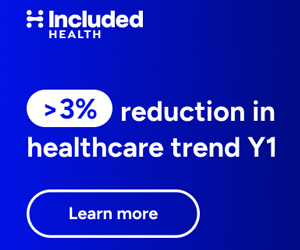Veteran IT insider Robert X. Cringley seems to think so, and worse he compares its behavior in dealings with smaller competitors to you know who in this article, The Next Microsoft.
Cringley’s other concern is, though, much more serious about a big company behaving badly towards the little guys. It’s that click fraud is a big deal that is going to hurt Google’s main model of making money, Adsense, because fairly soon advertisers will be throwing too great a proportion of their ad budgets down click-fraud ratholes, and not getting enough back from their ads.
Why is this a real concern for the Health 2.0 crowd? Because, most Health 2.0 consumer companies are basing their model on ad revenue one way or another. Most of that revenue will probably come from some kind of broker-based model, and if the main broker (which is Google) loses credibility with customers, that will doubtless have two ripple-on effects.
First, there may not be enough revenue around to justify those ad based business models. Second, if there’s a serious downturn in Google fortunes, that will hit the whole software/Web services sector before it’s really taken off in health care.
So overall, I’m hoping Cringley’s wrong. Thus far I think he is. The cost of click-fraud is not enough to kill the overall high ROI of search-based advertising. But it needs to be watched.












